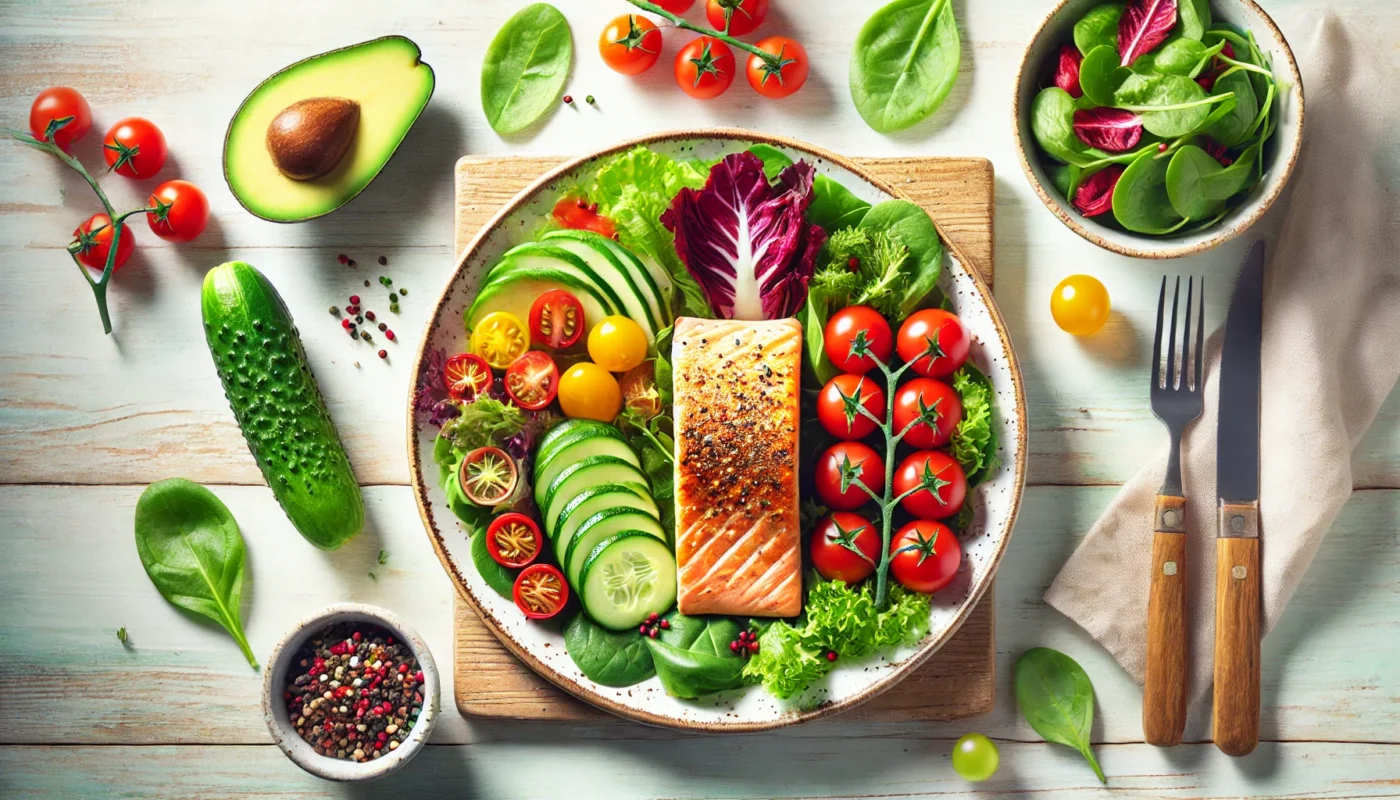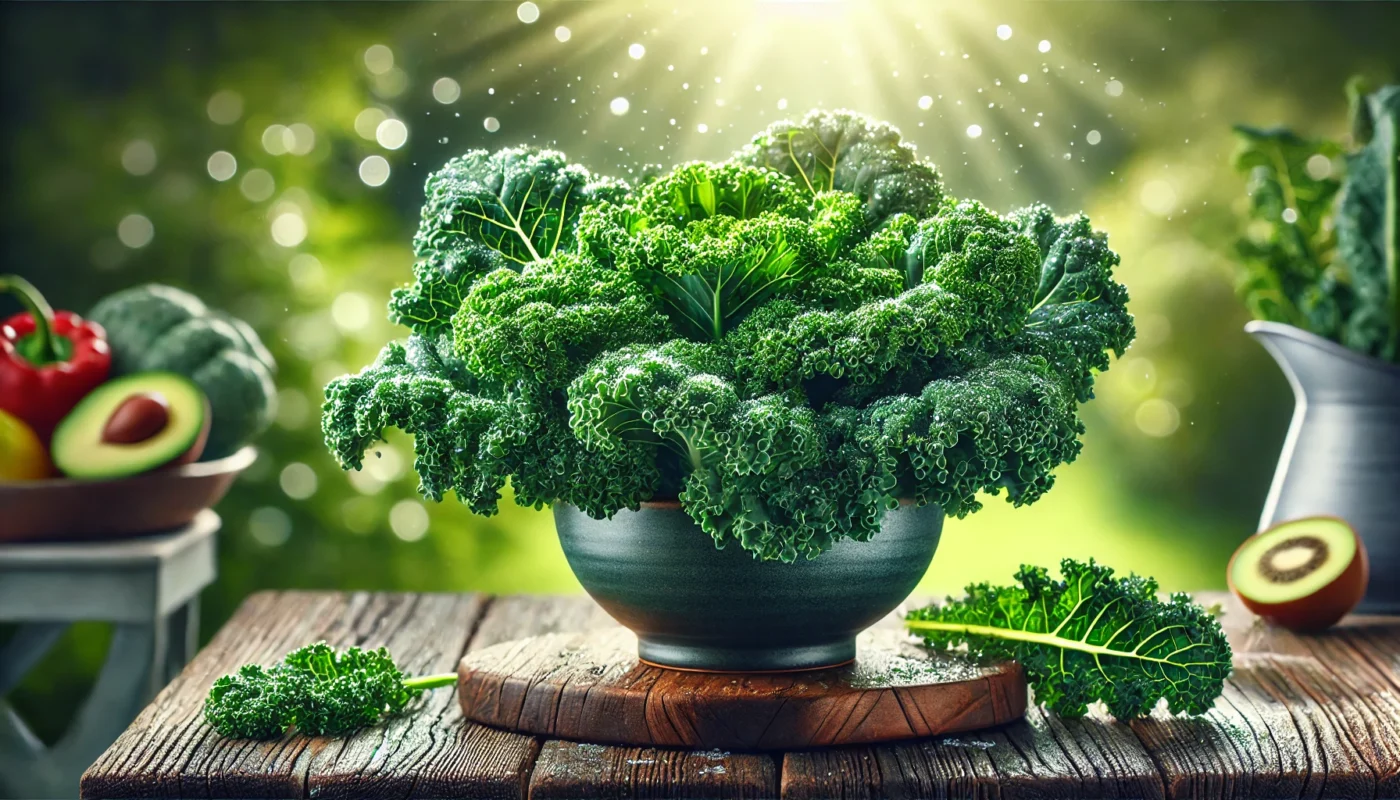In this article, we will explore the best alcoholic drinks for reducing inflammation and delve into whether beer is an inflammatory beverage. Let’s embark on this enlightening journey to understand how moderate alcohol consumption can fit into a health-conscious lifestyle.
Tag Archives: Antioxidants
This guide will delve into the essentials of an anti-inflammatory diet, providing you with printable resources and meal plans to help you embark on this transformative journey towards better health.
Inflammation is the body’s natural response to injury and infection, a vital part of the healing process. However, chronic inflammation can lead to numerous health issues, including arthritis, heart disease, and diabetes. Incorporating anti-inflammatory foods and drinks into your diet can be a powerful way to combat inflammation and improve overall health. By understanding the components and benefits of these drinks, you can make informed decisions about their role in your wellness routine.
In the quest for optimal health and wellness, incorporating superfoods into your diet is a strategy worth considering. Superfood vegetables, often hailed for their exceptional nutrient density and health benefits, offer a range of advantages that can support everything from heart health to cancer prevention. In this article, we delve into the top 10 superfood veggies that can make a significant impact on your health journey.
In today’s fast-paced world, maintaining a healthy diet can often seem like an overwhelming task. With the demands of work, family, and social commitments, it can be challenging to find the time and energy to focus on what we eat. However, with the right knowledge and tools, adopting a nutritious diet becomes a manageable and rewarding endeavor. This article delves into the essential healthy diet foods you should incorporate into your daily routine, offering a blend of scientific insights and practical advice. By embracing these dietary changes, you can enhance your physical health, mental well-being, and overall quality of life.
Arthritis is a debilitating condition affecting millions of people worldwide. It involves inflammation of the joints, leading to pain and stiffness that can severely impact one’s quality of life. While traditional treatments focus on medication and physical therapy, there is growing interest in the role of diet—particularly the consumption of fruits like blueberries—as a natural remedy for arthritis. In this article, we explore the scientific evidence supporting the benefits of blueberries for arthritis management.
When you exercise, your body taps into its glycogen stores for energy. After an intense workout, these glycogen reserves need replenishment. Carbohydrates are the body’s preferred source for this replenishment, and pasta, being rich in carbohydrates, serves as an excellent choice.
Carbohydrates and Glycogen Replenishment
Carbohydrates are macronutrients that break down into glucose, which is used by the body for energy. Post-exercise, consuming carbohydrates helps to quickly restore glycogen levels. This is crucial for recovery, especially if you engage in high-intensity or endurance workouts. Pasta provides a substantial amount of carbohydrates, making it a strategic choice to refuel your muscles and prepare for future activity.
Moreover, the specific type of carbohydrates found in pasta, particularly in whole-grain varieties, are complex carbohydrates. These take longer to digest, providing a sustained release of glucose into the bloodstream. This gradual process ensures that your energy levels remain stable and prevents the post-meal sugar spikes and crashes often associated with simple carbohydrates.
Before we explore the benefits, it’s imperative to understand what distinguishes lightweight sunscreen from traditional formulations. Unlike heavier sunscreens that may leave a greasy residue, lightweight sunscreens offer a non-comedogenic, fast-absorbing solution that feels comfortable on the skin.
Inflammation is a natural response of our bodies. It’s a defense mechanism against injury, infection, or disease. But when it becomes chronic, it can lead to serious health issues.
This is where diet comes into play. Certain foods and beverages can help manage inflammation. They contain compounds that have anti-inflammatory properties.
Among these, beverages are a convenient and enjoyable option. They can be easily incorporated into our daily routines. But not all beverages are created equal.
Some are packed with sugar and artificial additives. These can actually increase inflammation. So, it’s crucial to make informed choices.
In this article, we’ll explore the top five anti-inflammatory beverages. These drinks are not only delicious but also packed with health benefits. They can help you combat inflammation naturally.
We’ll delve into the science behind these beverages. We’ll also provide practical tips on how to prepare and consume them.
Arthritis is a common health concern that affects millions worldwide. It’s a leading cause of disability, causing pain and stiffness in the joints.
But did you know that your diet can play a significant role in managing arthritis symptoms? Certain foods can trigger inflammation, a key factor in arthritis pain and progression.
In this comprehensive guide, we’ll delve into the five worst foods for arthritis. These are foods that can exacerbate your symptoms and make your condition worse.
We’ll explain why these foods are harmful and how they affect your body. We’ll also provide practical dietary advice to help you manage your arthritis more effectively.
But it’s not all about what you shouldn’t eat. We’ll also discuss foods that can help alleviate joint pain and stiffness. These are foods that can support your overall joint health and improve your wellbeing.
Whether you’re a fitness enthusiast, a health enthusiast, or a medical patient dealing with arthritis, this guide is for you. It’s designed to help you understand the scientific research behind diet and arthritis, and how to apply this knowledge in a practical way.
So, let’s get started. Let’s empower you to manage your arthritis through informed dietary choices.










